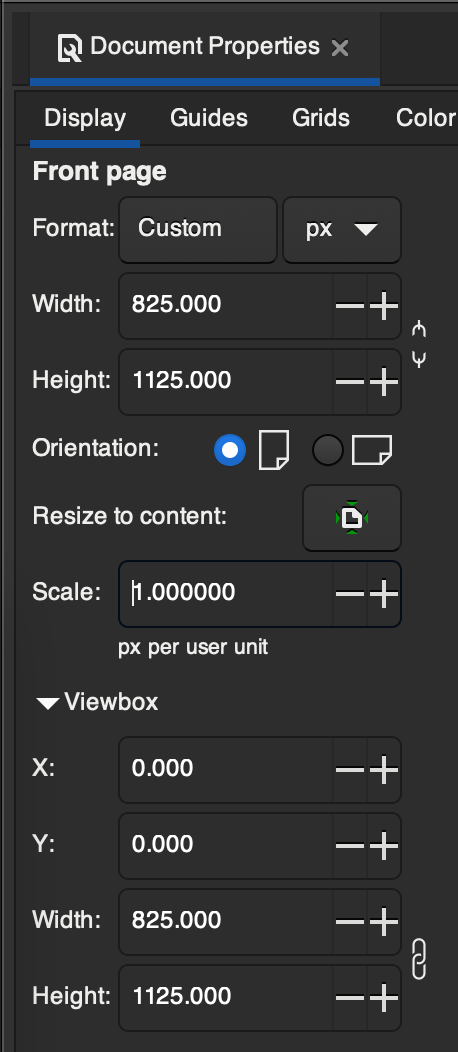- 1 Getting Started
- 2 Making your Game
- 3 Exporting your Game
Art
Create art files so that your Art Recipes and modify it using your Content files.
Templative places it's art files in the /art directory by default.
Templative works exclusively with SVG art files. If you want to use raster art, put it within a svg file.
Art File Sizing
Svg files that are used as the first layer of a composition must be the pixel sizing that TheGameCrafter expects. In most cases this is handled for you by Templative, but in the cases where you create art files yourself, the viewbox of your svgs and size of your art files must match the pixel dimensions TheGameCrafter asks for. For instance, poker cards are 825x1125px.

Art files must match TheGameCrafter's pixel dimensions
Overlaid art files don't have to be the same size as the bottomost layer.
Text Wrapping
SVGs by default can't wrap text as it's a SVG 2.0 feature (the entire world is on SVG 1.1), but Templative is capable of wrapping text. Templative uses the same mechanism that Inkscape uses for text wrapping: shape-inside. To wrap text, draw a rect in your svg that will be the bounds of the text. Give the rect an id like boundingRect. Then reference your rect by adding shape-inside: url(#boundingRect) to your text element's style attribute.

Text wrapping in Inkscape
You don't need to use Inkscape to do this, but if you don't you'll need to manually add the shape-inside attribute to your text elements using a text editor.
But doesn't Illustrator Wrap Text?
Illustrator might seem like it wraps text, but in acutality it wraps text as it needs to. That doesn't work with Templative, since we need to wrap text after your add Content.
DPI
Templative handles the resizing and output of our svgs into raster art for printing while maintaining the 300 DPI expected for print jobs. We set the sizing of our svgs to standardize the ways art files interact.
CMYK vs RGB
Templative outputs art files as pngs, which do not support CYMK color profiles, instead using the RGB color space. Inkscape does not support support CYMK.
In practice this means that some colors can look slightly off when printed.
Maintaining CYMK Color Profiles for Final Printing
Templative outputs both a final png and a final svg. If you are concerned about the color safety of your output, pull your final svgs into Illustrator and export using its CMYK color profile.
Didn't get your question answered? Consider posting your question in the Templative Discord in the #troubleshooting chat.